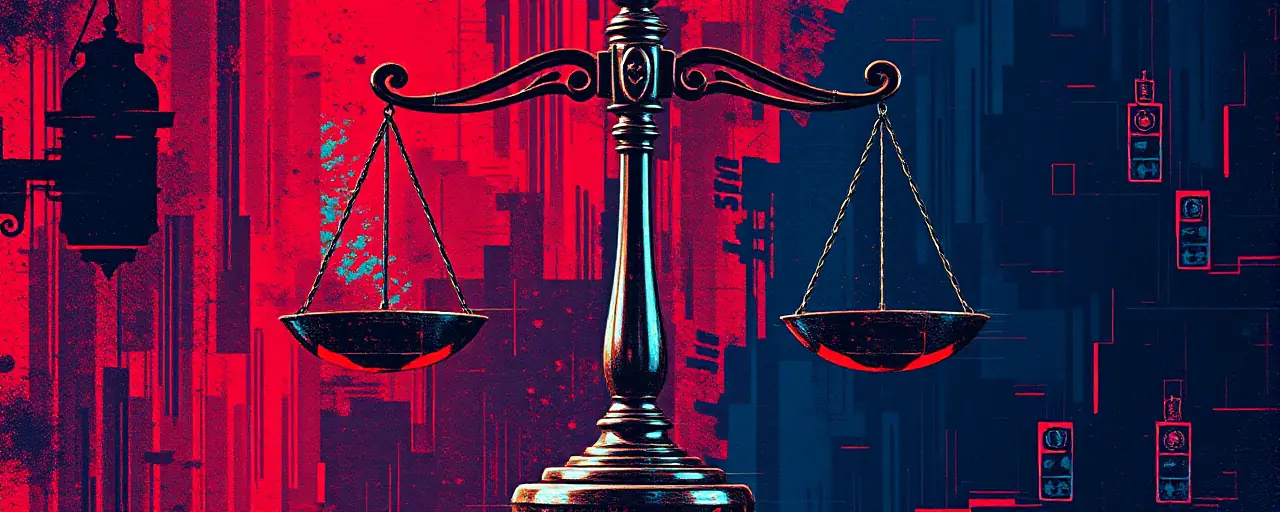A Long-Overdue Reckoning
The 2008 Mumbai attacks left an indelible scar on the world’s conscience. Over three harrowing days, ten terrorists from Lashkar-e-Tayyiba unleashed chaos, killing 166 people, including six Americans, and wounding hundreds more. The images of burning hotels and shattered lives still haunt those who witnessed the tragedy unfold. Now, nearly two decades later, the extradition of Tahawwur Hussain Rana to India to face charges for his alleged role in those attacks feels like a flicker of justice in a long-dark tunnel.
Yet, this moment isn’t just about one man or one trial. It’s a testament to the relentless pursuit of accountability for victims whose lives were torn apart. The families of those lost deserve more than legal proceedings; they deserve a world that prioritizes humanity over hatred. Rana’s transfer to Indian custody, after years of legal battles in U.S. courts, signals a commitment to that principle, even if it arrives late.
Still, the case stirs unease. Justice, to be meaningful, must be fair, transparent, and free from political taint. As we celebrate this step, we must ask whether the systems delivering it are equipped to honor the values they claim to uphold.
The Weight of Evidence and Ethics
Rana’s alleged crimes are chilling in their calculation. Prosecutors in India claim he enabled David Coleman Headley, a key figure in the Mumbai plot, by providing a fraudulent cover through his immigration business. This allowed Headley to scout attack sites under the guise of legitimacy, paving the way for carnage. Court documents paint a picture of a man who, if guilty, facilitated terror with cold precision, even praising the attackers after the fact. Such actions demand accountability, not just for the sake of punishment but to deter those who might follow in his footsteps.
But the pursuit of justice doesn’t exist in a vacuum. International cooperation, vital as it is, often frays under the strain of differing legal standards. The United Nations Global Counter-Terrorism Strategy, adopted in 2006, calls for nations to work together while respecting human rights. Yet, extradition cases like Rana’s raise thorny questions. Will he face a fair trial in India, where judicial systems have faced scrutiny for delays and political pressures? The U.S., by greenlighting his transfer, implicitly trusts that answer is yes. History, however, urges caution. High-profile extraditions, like those tied to Guantanamo Bay, have shown how noble intentions can slide into ethical quagmires.
Advocates for global security argue that extradition is a necessary tool to combat terrorism’s borderless nature. They’re not wrong. The 2025 Global Terrorism Index notes a surge in attacks across 22 countries, underscoring the urgency of cross-national efforts. But those efforts falter when they prioritize expediency over fairness. A trial perceived as biased risks fueling the very extremism it aims to curb, giving propagandists a rallying cry.
Then there’s the question of proportionality. Rana has already served 14 years in the U.S. for related crimes, including supporting Lashkar-e-Tayyiba. Is further prosecution justice or vengeance? The answer hinges on whether India’s courts can deliver a process that’s rigorous yet humane, balancing the victims’ pain with the defendant’s rights.
A Flawed System Under Scrutiny
Some might argue that Rana’s extradition is a straightforward win for law and order, a signal that no one escapes accountability. That view, while tempting, ignores the cracks in the system. Extradition treaties, like the one between the U.S. and India, often assume mutual trust in judicial integrity. Yet, global reports, including those from Human Rights Watch, highlight how political motives can taint legal proceedings in even the most established democracies. Handing someone over without ironclad assurances of due process isn’t just risky; it’s a betrayal of the principles we claim to defend.
The counterargument—that delaying or denying extradition lets terrorists walk free—has weight but doesn’t hold up under scrutiny. Justice isn’t served by rushing to judgment. The Ljubljana-The Hague Convention, signed by over 30 nations in 2024, emphasizes that prosecuting war crimes and terrorism must include safeguards against torture or unfair trials. Ignoring those standards undermines the moral high ground nations claim when fighting extremism.
What’s more, the focus on individuals like Rana can distract from broader failures. Intelligence agencies, for all their advancements, missed chances to stop the Mumbai attacks before they began. The 9/11 Commission Report exposed similar lapses, urging better coordination. Today, with groups like ISIS exploiting encrypted tech, the need for proactive prevention over reactive punishment is clearer than ever.
A Path Toward True Justice
Rana’s extradition, for all its complexities, offers a chance to get it right. India’s courts have an opportunity to show the world that justice can be both firm and fair, honoring the Mumbai victims without sacrificing integrity. For the U.S., it’s a moment to reflect on its role in global counterterrorism, ensuring that cooperation doesn’t come at the expense of human rights. The families of those lost in 2008 deserve nothing less than a process that reflects the values they cherished.
Ultimately, the fight against terrorism isn’t just about locking people away. It’s about building a world where such violence finds no foothold, where cooperation triumphs over division, and where justice serves as a beacon, not a bludgeon. That’s the legacy the Mumbai victims deserve, and it’s one we must all demand.
